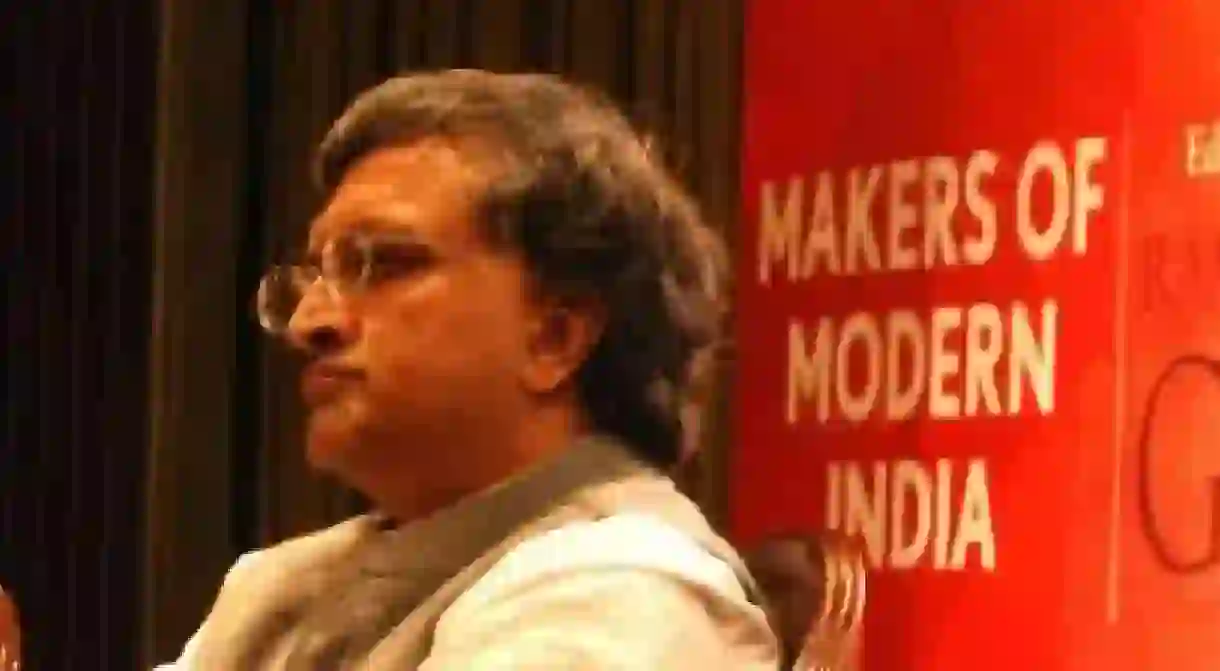Ramachandra Guha: The Writer’s Top Political Works

The many different achievements of author Ramachandra Guha are substantial. Historian, environmentalist, biographer and political theorist, he has emerged as an important figure in the field of Indian academia. His enthusiasm to deal with the issues that stand before contemporary Indian society, culture and politics are important factors that have contributed to his success as an author, and he has produced some outstanding works. Here we explore the political and cultural publications of this renowned Indian author.
Having held many academic positions and taught at various universities in India, Europe and North America, including Yale University and Oslo University, Guha has since taken up writing full-time. The writer has authored and contributed to more than thirty books and his notable works include The Unquiet Woods, A Corner of A Foreign Field, India After Gandhi and India Before Gandhi.
The Unquiet Woods (1989)
The Unquiet Woods is an environmental book that sketches the lives of peasants inhabiting India’s mountainous terrains, where atrocities of environmental change are immediately and intensely experienced. Distancing itself from a mere study of political consequences of colonialism, it explores such environmental effects and their impact on the demographics of the country’s specific regions. The book traces the history of the Chipko movement, looking for ecological and sociological roots of the mass protest.
A Corner of a Foreign Field (2002)
A Corner of A Foreign Field portrays the social history of cricket in India. The book concerns itself with the cultural significance of the sport, tracing its development from the colonial times into the post-colonial period. Guha analyzes the role played by cricket in unifying or fracturing inter-caste, interracial or inter-religious relationships in India. In reference to the publication, Guha states that ‘Indian cricket has always reflected the issues of society around it – whether it was caste, race and religion in the early years of the twentieth century.’
India After Gandhi (2007)
Guha’s most acclaimed work, India After Gandhi, also deals with the various challenges that confront independent India in the face of ethnic, religious and racial diversity. The book discovers the possibilities of secularism, which as a constitutional ideal has been the integral support for the survival of the world’s largest democracy. Guha’s diligent study also visits the lives of lesser known Indians, including peasants, traders, workers, artists and musicians along with the individuals whose names have been often been celebrated in the books of modern history. The book has perhaps helped Guha earn the title of ‘Indian democracy’s preeminent chronicler’ from Time Magazine.
India Before Gandhi (2014)
In his most recent book, India Before Gandhi, Guha presents a critical portrait of M.K. Gandhi, challenging the image of the civil-rights activist as crafted by the popular imagination. Guha argues that the romanticized portrait of Gandhi is a product of an Indocentric vision, which celebrates Satyagrah or civil disobedience among other ideologies as a homegrown concept. He posits the idea that such civil disobedience materialized due to the experience of Gandhi as a lawyer in South Africa. His experiences across borders provided him with the analytic vision that fueled his effective leadership.
Guha’s many awards
Guha has been awarded the Leopold-Hidy Prize of the American Society of Environmental History, the Malcolm Adideshiah Award for excellence in social science research, the Daily Telegraph/Cricket Society prize, the Sahitya Akademi Award, and the R. K. Narayan Prize. He is the recipient of the prestigious honor, the Padma Bhushan from the Government of India. Guha got nominated twice both in 2008 and 2013 by the Prospect magazine as one of the world’s most influential intellectuals.













